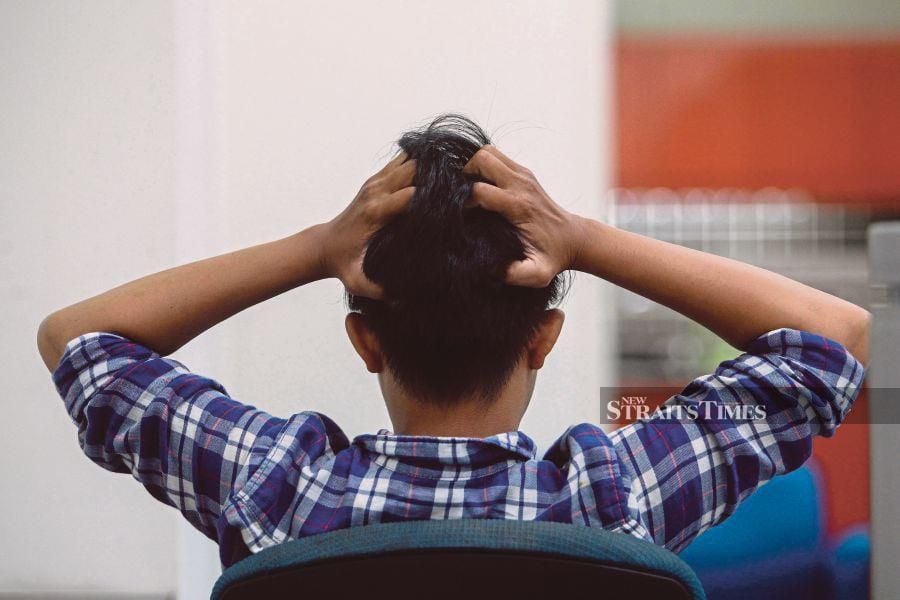LETTERS: Six in 10 Malaysians aged between 15 and 30 experienced mild to severe depression symptoms, according to the Malaysian Youth Mental Health Index 2023.
In 2022, the National Health and Morbidity Survey found that one in four teenagers had feelings of depression and one in 10 had attempted to end their lives.
The 2019 survey found that 424,000 children had struggled with mental-health issues.
These numbers are a wake-up call. Every time we have a survey like this, it evokes a strong reaction. This shows that many people have an awareness of the importance of mental health.
We need to follow up with action and implementation to ensure our youth and children have good mental wellbeing.
Good mental wellbeing, as defined by the World Health Organisation, does not only mean the absence of mental disorders.
It also means that people realise their abilities, can cope with stress , can work productively and can make contributions to their community.
It comprises our emotional, psychological and social wellbeing.
Family is the fundamental unit of society, and this is where children can learn how to take care of their mental health.
Parents can be role models in displaying healthy mental-health practices.
Children learn by example and model how parents manage their emotions.
By creating a safe space and encouraging discussion about their mind, feelings and behaviour, children will be more open to express their feelings.
This makes it easier for them to reach out for support.
Parents can practise self-care with their children, for example by exercising, going for walks or playing board games.
Children should be encouraged to play with others as it cultivates social skills.
As parents and care providers, they must look after their mental health as this can have a positive influence on their children.
As children and young people spend considerable time at learning institutions, these institutions should provide access to support by offering free counselling.
They can collaborate with tertiary institutions that can provide trainee counsellors as they have practising students.
With this, we can overcome the shortage of school counsellors and have future counsellors who are trained.
I believe the Education and Health ministries have mental health modules with topics such as problem-solving skills, resilience and stress management that should be included in the syllabus.
When students are mental-health literate, they will feel more open to reach out and seek help when needed.
We need to focus on creating awareness among our young ones on issues related to mental health.
We have always stressed being kind to others. Perhaps it is time to tell our children that we need to focus on ourselves first and administer kindness to ourselves before we can do it for others.
TAN SRI LEE LAM THYE
Member, Mental Health Advisory Council
The views expressed in this article are the author's own and do not necessarily reflect those of the New Straits Times





